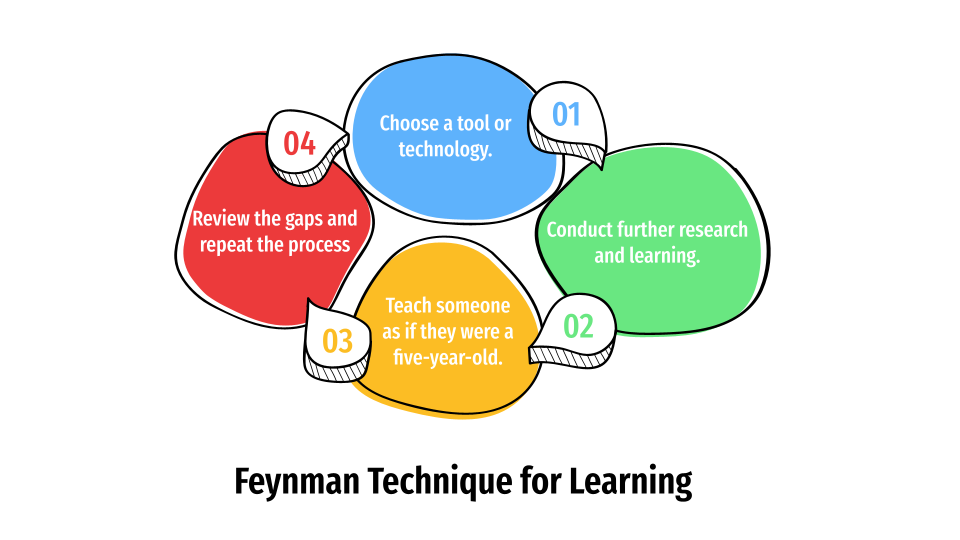In my last Wellness Corner post, I talked a bit on some tips to help improve your quality of sleep, which I think is important to boost your mood and productivity. In this article, I’ll elucidate some more tips for sleeping.
Try Relaxation Techniques
If stress is keeping you up at night, try relaxation techniques like deep breathing or meditation. Taking slow, deep breaths or focusing on relaxing each muscle can help calm your mind and body, making it easier to fall asleep. Apps like Headspace or Insight Timer offer guided relaxation exercises that are perfect for beginners.
Get Moving During the Day
Regular physical activity can help you fall asleep faster and enjoy deeper rest. Aim for at least 20–30 minutes of exercise most days, whether that’s a brisk walk, a yoga session, or a game of basketball. Just try to avoid intense exercise close to bedtime, as it might energize you and make it harder to fall asleep.
Limit Naps During the Day
While a short power nap can be refreshing, long or late-afternoon naps can interfere with your nighttime sleep. If you find yourself needing a nap, aim to keep it to 20–30 minutes and take it earlier in the day. This way, you’ll recharge without affecting your regular sleep cycle.
Avoid Late-Night Snacking
Eating heavy or sugary foods right before bed can disrupt your sleep and even cause discomfort as you try to fall asleep. Instead, if you’re hungry in the evening, try a small snack with protein or healthy fats—like a handful of nuts, yogurt, or a banana—to keep you satisfied without disrupting your rest.
Set Boundaries with Technology
Late-night scrolling can keep you awake longer than you intend and make it harder to fall asleep due to the blue light exposure. To avoid this, consider setting a specific “tech curfew” an hour before bed. Use this time to unwind with non-digital activities, like reading a book or journaling, to help you fall asleep faster and sleep more deeply.
As a student, your sleep is essential for everything from memory retention to stress management. By building a healthy sleep routine, you can improve your focus, boost your mood, and set yourself up for academic success. Prioritizing rest doesn’t mean you’re neglecting other areas—it means you’re setting yourself up to be your best!







